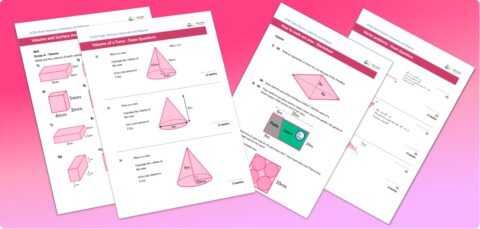“Help—my brain’s allergic to algebra!”
That was the DM I got from my freshman mentee, Sam, two weeks before his first psychology stats quiz. I felt the déjà-vu punch: six years earlier I’d nearly switched majors after a chi-square shredded my confidence. Spoiler alert—Sam aced the exam, no tears involved. Why? Because psych math is less ‘rocket science,’ more ‘logic in comfy sweatpants.’ Let’s unpack that.
Speed-Round FAQ 🔍
| Question | TL;DR |
|---|---|
| Is math used daily in psychology? | Yup—mostly basic statistics, probability, and a dash of algebra. |
| Will I need calculus? | Rarely. Experimental psych focuses on stats; neuro- or cog-science may add a calc-based modeling course. |
| Hardest formula I’ll meet? | Probably ANOVA’s F-ratio: F = \frac{\text{MS}_{\text{between}}}{\text{MS}_{\text{within}}} |
| Can software replace math skills? | SPSS or R crunch numbers, but you must interpret p-values and effect sizes. |
Where the Numbers Hide in a Psych Degree
Research Methods Lab
Math cameo: Descriptive stats, z-scores, standard deviation.<br>
Real story: My group mis-read a skewed distribution; the median, not mean, saved the day (and our poster).Inferential Statistics
t-tests, chi-square, ANOVA (hello, Greek letters)
Probability of Type I error (α =.05) is the gatekeeper between finding truth and p-hacking.
Psychometrics
Cronbach’s α measures questionnaire reliability.
If α < 0.7, recruiters toss your “grit scale” in the bin.
Neuro-imaging & Computational Psych (optional, math-heavier)
Fourier transforms for EEG signals.
Linear algebra drives fMRI voxel pattern analysis.
Pull Quote
“Statistics is the grammar of psychology.”—E. B. Titchener (paraphrased by every stats professor ever)
Myths That Deserve a Therapy Session 🛋️
| Myth | Reality Check |
|---|---|
| “I must be a human calculator.” | Calculators & R scripts exist. Understanding > hand-calculating. |
| “Psych = pure counseling, zero numbers.” | Even therapists read prevalence studies & meta-analyses. |
| “If I hated high-school math, I’ll fail.” | You’ll relearn concepts context-first, not abstractly. I went from C- in algebra to A in stats. |
Real-World Anecdotes (Because Data ≠ Robots)
Jasmin (Cognitive-Neuro PhD)
Swore she’d never touch vectors again. Now she scripts matrix multiplications to map reaction-time patterns.Alex (School Counselor)
Uses simple percentages to show parents how behavior-plan tweaks cut office referrals by 42 %.Me
Ran a meta-analysis on mindfulness apps; random-effects model felt like wizardry until forest plots clicked visually.
Quick-Hit Math Survival Kit 🎒
Chunk the Concept
Learn why variance matters before computing it.Visualize Everything
Box-plots, scatter-grams, or even doodles—the brain loves pictures.Code, Don’t Count
Recreate textbook examples in Jupyter notebooks; instant feedback kills fear.Teach a Friend
Explaining Cohen’s d to a roommate cements effect-size intuition.
Non-Linear Wrap-Up
Instead of a neat conclusion, here’s a feel-good dare: open the last psych article you read, flip to the Results section, and decode one stat you’d normally skim. DM me what you learned. Your future self—therapist, UX researcher, or data-driven HR guru—will grin.

